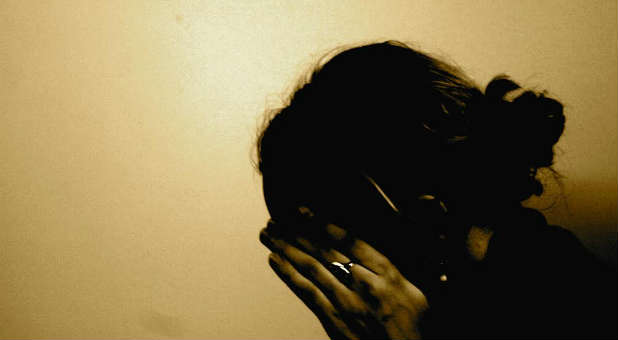
by Darpan Sachdeva
As we move across our life journey, we come across people suffering different types of mental turmoil and injuries. We see people hurting other people not because they are bad .They hurt due to their mental defense system they have created around them. They do so as they themselves got hurt while on their life journey. It is the way of pacifying their pain of relationships in their life.
When people get hurt in relationship and do not receive healing from the wounds, they have a logical and defensible tendency to become protective against more pain. It is this unhealed wound that keeps them at a precaution of getting hurt again. This gives birth to the tendency of being wary and subsequently being defensive. This becomes the new “Normal” for the person.
The defense that protects can eventually become the defense that damages our ability to engage in life fully with full-hearted participation. The life full hearted means life full of physical, mental ,spiritual and emotional involvement.
The defense of our hearts requires that we wear armor around our hearts or put our hearts in a hard-shelled box of protection. If the will power of protection continues too long, we become protected, ironically, against receiving and trusting the love we actually need. And tragically, our lack of vulnerability can hurt the very people we wish to love.
To stop hurting others because of our defensiveness, we must push through our protection against hurt to love again, and to stop the damage that willpower can cause.
From my observations and personal experience I can vouch for 4 different types of human defense that a hurt person can posses:
1.Defending from Pain by surrendering:
This is when the person says that “I do not care for the life”. These people practice being removed emotionally or keep themselves from caring too much. Their usual approach to life is “This is what it is”
2.Defending from Pain by being a rebellion.
People who protect themselves through being rebellion reject their own neediness of others with, “I will not be in need.”. They become prejudiced about their own vulnerability . They become withdrawn, silent, or more aggressive by trying harder or being more determined when threatened by what they perceive as anything that robs them of self-sufficiency.
3.Defending from pain through contribution:
These people have the motto to make an agreement on the level of emotional risk towards a relationship. I give 50% and you give 50%.While it seems logical at first, compromise in a relationship is a form of demanding that the other person has to prove herself or himself over and over again, and it is never enough. This might work for business relationship but not for the loving relationship.
This is when you have a defense built upon having willful concentration on never having to experience the vulnerability of being human. This form of refusal of one’s own vulnerability is the most powerful defense a hurt person can conjure. This type of defense leaves no room for attachment and love. If this defense is not healed subsequently leads to vengeance.
Luckily for us we usually do not have enough will power to continue with this type of defense .We all remain hungry for connections and love in life. Although the first 3 above could create pain for the people who love us.
It is most important to become aware of our defensive stances, admitting their origins, and acknowledging our need for change, we can take the steps we need to heal. The process of change through admission can let us be loved again and let us love again.
This lets us become willing to hurt again. Love hurts. Those people who rediscover that love is worth the pain, also find that they hurt far fewer people along the way to living fully again. This because they can love deeply again.
by Darpan Sachdeva In the heart of Cupertino lies what might be the most ambitious…
by Darpan Sachdeva Hey there, future blog superstar! I still remember the day I published…
by Darpan Sachdeva What does it truly mean to be an entrepreneur? Is it simply…
by Darpan Sachdeva via Peter H. Diamandis Millennials are those born between 1980-2000, today between…
by Darpan Sachdeva Hey there, dream chasers and world changers. I want to start with…
by Darpan Sachdeva Listen up! I want to ask you something profound that could change…